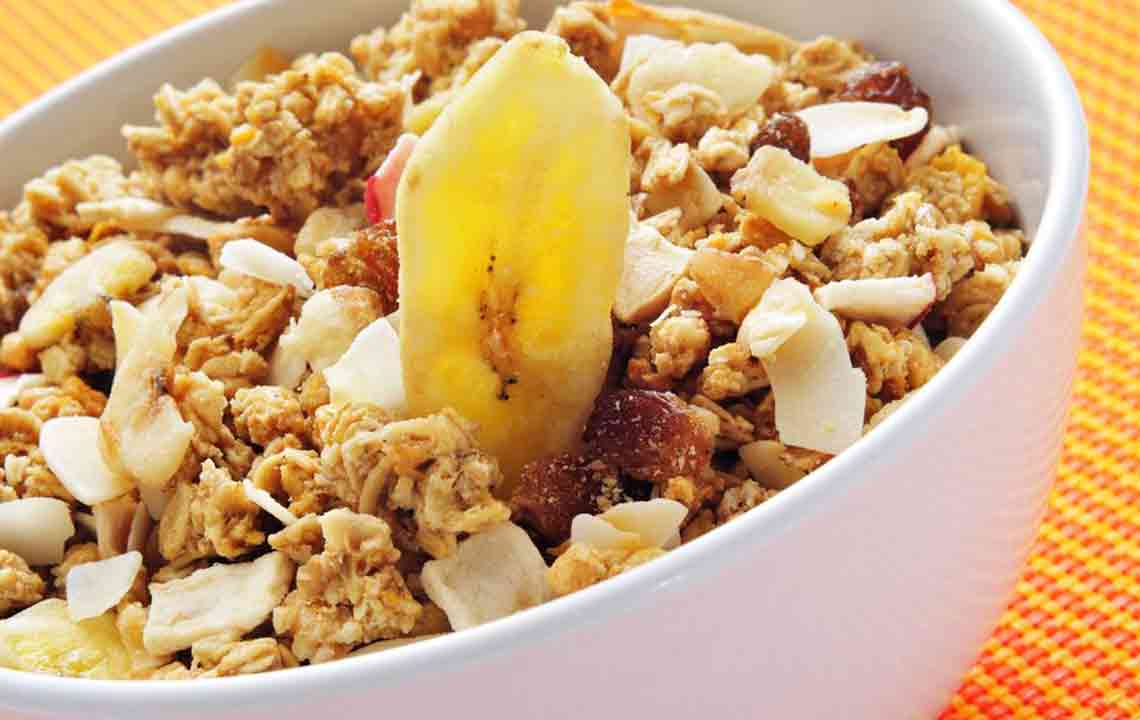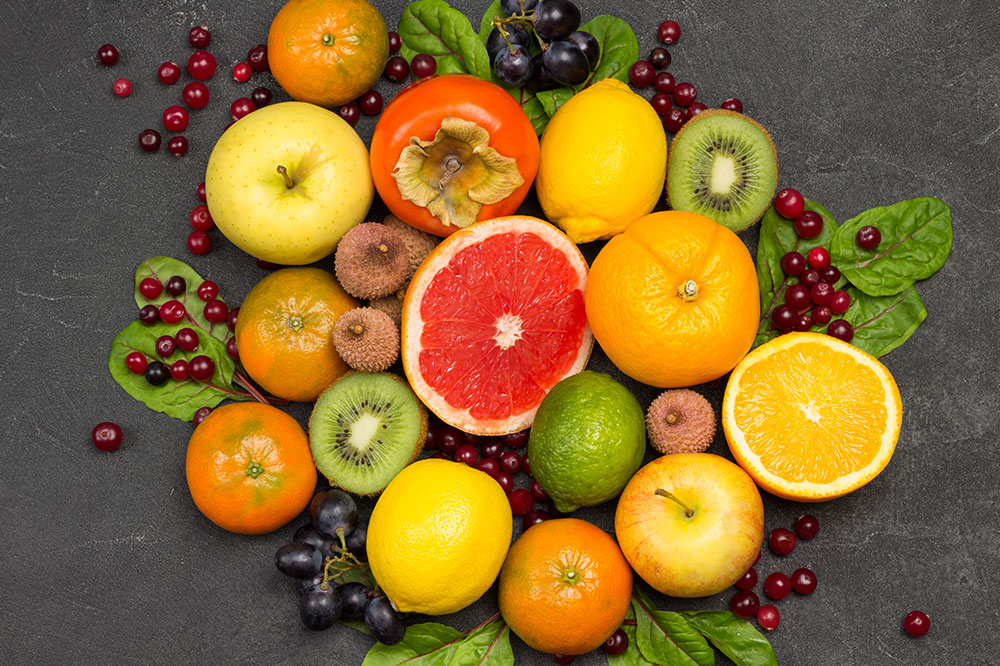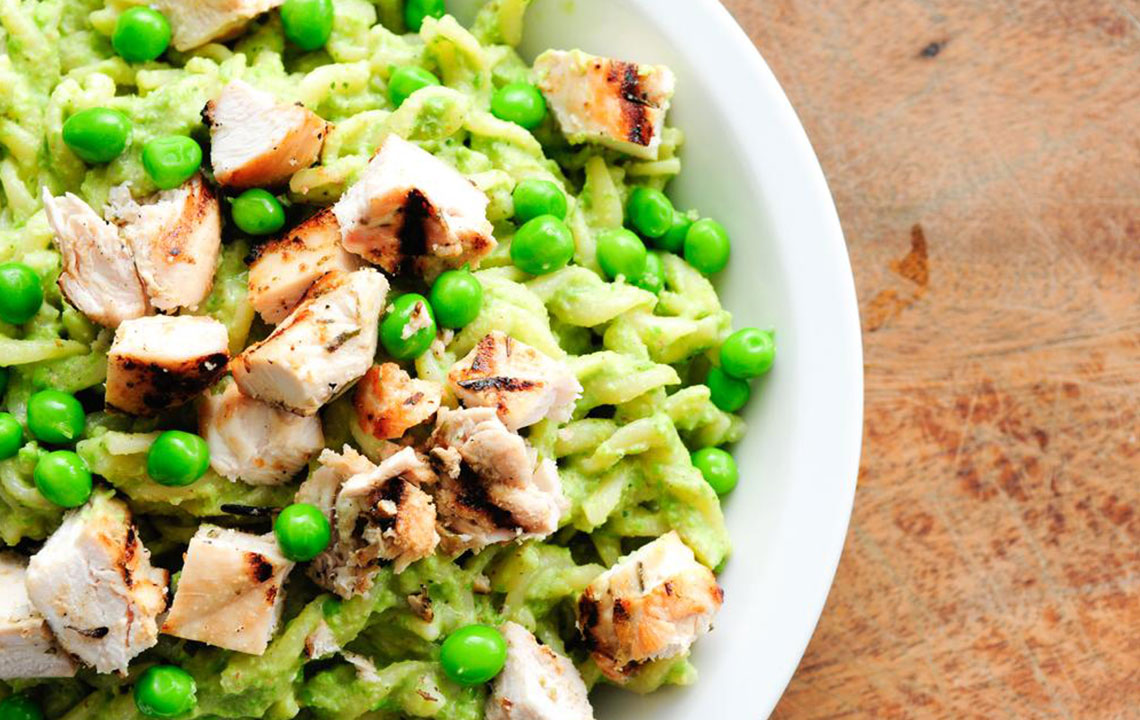Essential High-Fiber Foods to Enhance Your Daily Nutrition
Discover a variety of high-fiber foods to enhance your daily nutrition and support overall health. From lentils and beans to seeds and vegetables, these foods help control weight, improve digestion, and prevent chronic illnesses. Incorporate these fiber-rich options into your meals effortlessly for a healthier lifestyle.

Essential High-Fiber Foods to Enhance Your Daily Nutrition
While fats, proteins, and carbohydrates often take center stage in diet plans, dietary fiber is vital for overall well-being. Consuming enough fiber aids in weight control, supports digestion, lowers cholesterol, and helps prevent chronic illnesses like heart disease and diabetes. Rich sources of fiber include fruits, vegetables, whole grains, and legumes. Health authorities recommend adults under 50 aim for 25-38 grams of fiber daily. Here's a list of fiber-packed foods, detailing their benefits and fiber content.
Lentils: Packed with fiber and protein, lentils help keep you full and energized longer. Suitable for soups, salads, and stews, 100 grams of cooked lentils provide approximately 8 grams of fiber, fulfilling about 21% of daily requirements.
Split peas: Split peas are excellent for increasing fiber, assisting in blood sugar regulation and lowering cholesterol. Cooked split peas offer 8 grams of fiber per 100 grams, covering roughly 21% of daily needs.
Navy beans: Navy beans are rich in fiber, vital vitamins, and minerals, promoting healthy cholesterol and blood sugar levels. With about 11 grams of fiber per 100 grams cooked, they fulfill about 29% of recommended daily intake.
Kidney beans: Known for reducing cholesterol and supporting metabolic health, kidney beans are versatile in salads, pies, and Latin dishes. They provide around 6 grams of fiber per 100 grams boiled, meeting 16% of daily fiber needs.
Chia seeds: Superfoods high in fiber and nutrients, chia seeds boost energy, skin vitality, and bone strength. Consumed raw or soaked, 100 grams deliver about 34 grams of fiber, covering 89% of daily requirements.
Flax seeds: Rich in fiber, flax seeds support weight management, healthy skin, and digestion. Add them to smoothies, cereals, or baked goods; 100 grams provide 27 grams of fiber, roughly 71% of daily needs.
Sunflower seeds: These seeds are a source of fiber and protein, aiding digestion and blood sugar control. They add crunch to salads and baked goods, with 12 grams of fiber per 100 grams, fulfilling 23% of daily fiber requirements.
Artichokes: Among the most fiber-rich vegetables, artichokes support liver health, digestion, and blood pressure regulation. Enjoyed as dips, in pastas, or salads, they provide 5 grams of fiber per 100 grams, or 13% of daily intake.
Peas: Green peas are nutrient-dense and high in fiber, promoting digestion and reducing risks of cardiovascular diseases and cancers. Incorporate them into salads or vegetable dishes; they contain about 5 grams of fiber per 100 grams, meeting 13% of daily needs.
Incorporating these diverse, fiber-rich foods into your daily diet can significantly improve your health and help prevent diseases, all without drastic lifestyle changes.


